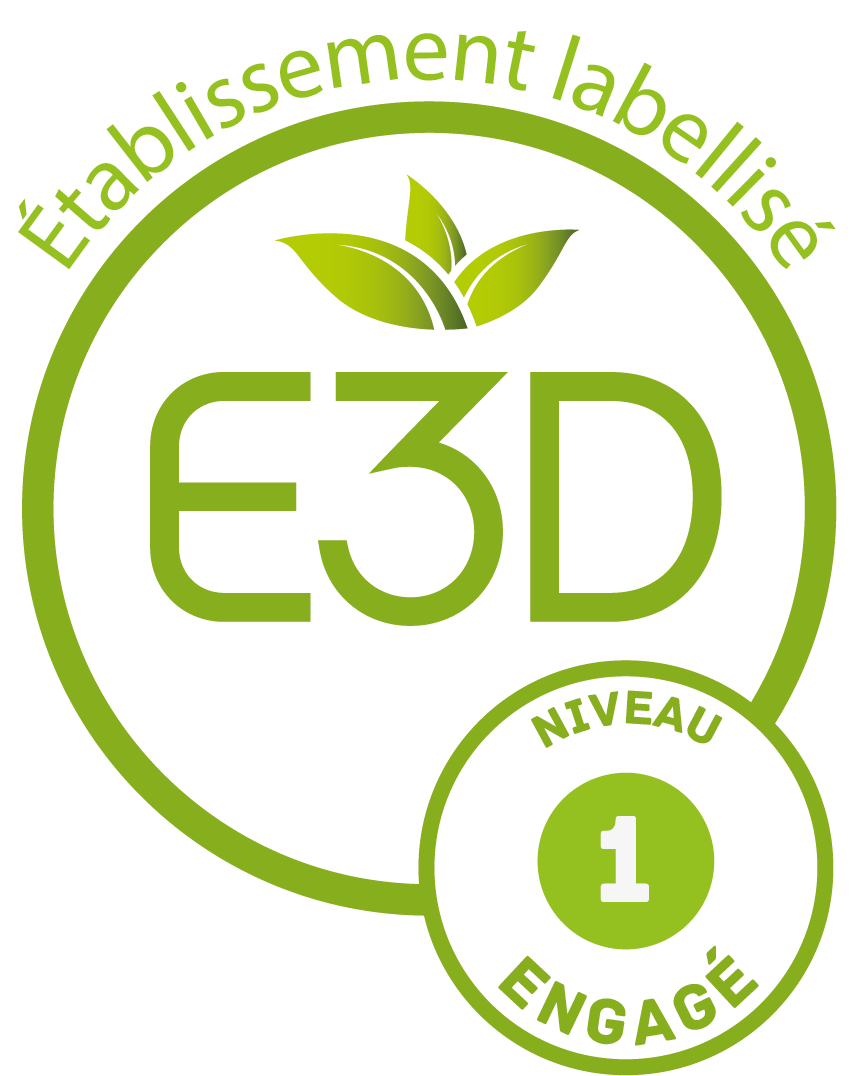Breaking the law : a citizen’s duty ?
Two famous whistleblowers : Edward Snowden and Reality Winner
Our first sequence in English class was about whistleblowers and the moral dilemmas they are faced with. A whistleblower is a person, group or institution who reveals or reports a crime or misdemeanor, a serious and manifest violation of citizens’ rights. Their acts are not supported by everyone, especially by governments, which often find that their actions are a betrayal because of the breach of the contract of secrecy. On the other hand, other people support their actions, saying that they do their duty as citizens because they warn the public of a violation of their rights, so the whistleblowers’ acts are then considered loyal. We have worked on the notion of citizenship : is breaking the law (for example leaking classified information to the public), in some cases, a citizen’s duty ? Are whistleblowers’ actions good, bad, or does it depend on the situation ? To answer this question, we have studied two cases : those of Edward Snowden and Reality Winner.
First, Edward Snowden, born on June 21st, 1983, is an American-Russian computer scientist, a former intelligence contractor working for the NSA and a famous whistleblower. In 2013, he disclosed the existence of mass surveillance programs conducted by the NSA. Laura Poitras directed a film entitled "Citizenfour", which deals with Edward’s revelations about the NSA’s worldwide spying scandal. She travelled to Hong Kong to meet the whistleblower, accompanied by Ewen MacAskill, a reporter for the British newspaper The Guardian. The meeting took place in a hotel room over a period of eight days. In the documentary, Edward Snowden explains that he loves his country, but he became disillusioned with the American government and felt that it was his duty to reveal the truth to the public.
Then we studied the case of Reality Winner, a young woman born in December 1991. She is an American US Air Force Veteran and a former NSA translator. Like Edward Snowden, she became a whistleblower. Indeed, in 2017 she leaked an intelligence report to a news website, The Intercept. That report provided tangible evidence that there had been Russian interference in the 2016 US elections, which is a direct attack on the democratic process. She was arrested a few hours after The Intercept published the article and was then sentenced to five years’ imprisonment for "obtaining classified documents from a government facility and passing them on to a media organization".
To illustrate this sequence, we went to the cinema and saw the film Reality, directed by Tina Satter, and released last August :
About the film Reality :
Reality Winner is a 25-year-old woman living in the United States, she is a yoga teacher who loves animals, we could think that she is an ordinary woman without any problems until the day when two FBI agents turn up at her house...
In this film nothing is left to chance, firstly there is the incredible performance of the actress Sidney Sweeney, but also that of the two FBI agents who do their job very well. Next, the atmosphere of this film is especially heavy and highlights the tension and suspense because we want to find out what really happened.
But the most important things in this film are the sounds, the voices, which were taken directly from the soundtrack of the real interrogation that took place, and that’s really something great that appealed to me.
In this film one may wonder if Reality Winner is a good or a bad person. Reality Winner was sentenced to the longest prison term ever given for revealing government information, but did she really deserve this punishment ? In reality, everyone can form their own opinion on the issue, but for me the things disclosed by whistleblowers should not exist, so why hide them from the population ?
To conclude, becoming a whistleblower is a real moral dilemma. It’s legally risky, it can change the course of someone’s life, and their action is controversial. Some people think that breaking a government’s contract of secrecy is betraying their country, while others think that lying to the population is betraying their country, and that telling the truth is a citizen’s duty. What about you, what do you think ?
This article was written by Isaac, Soline, Noémie, Jacira and Evan (Terminale 2).



